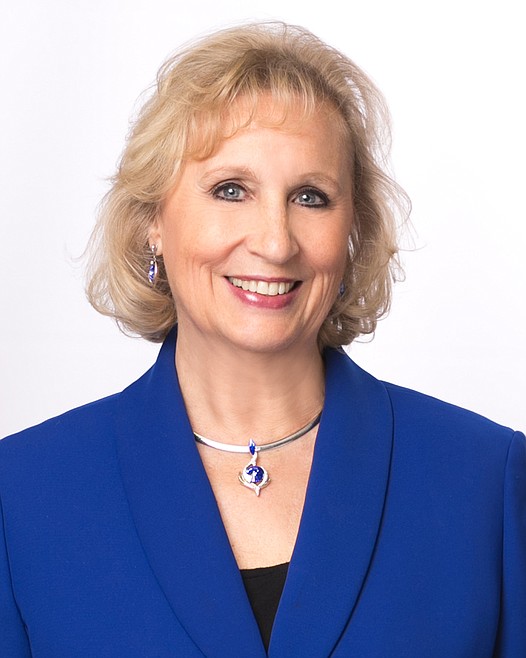ADVERTISING: Advertorial — Your cravings: What they mean and what to do
There are different types of cravings: physical, emotional, habitual and physiological. Understanding these different types enables us to apply the proper resolution so we can enjoy life more.
Physical cravings include the sensation of hunger for specific foods, cravings due to withdrawal from a substance, or need for sleep or rest. Some studies suggest that we also crave things we are allergic to. I know that that sounds odd, but when we consume foods we’re allergic to, there is an endorphin release that creates a feeling of wellbeing, stimulating a need for that food again. Many times, the body just adapts to it, then when we stop eating that food, however, when withdrawn, we crave it again. Although there are other mechanisms that cause cravings, stress is an interesting one. An allergic reaction causes an internal stress, and that stress causes a person to seek out comforting foods, many of which they are allergic to.
Many people recognize the emotional and habitual parts of cravings, so I’d like to talk about the physiological aspects: Nutritional deficiencies can be linked to cravings. Sugar cravings can be linked to chromium, copper, sulfur or tryptophan deficiencies. Carbohydrate cravings to nitrogen deficiency. Nitrogen is essential for synthesizing amino acids, which are the building blocks for protein. Meat cravings can be a nitrogen or iron deficiency, fatty food cravings to calcium, iron, or essential fatty acid deficiencies, salty nuts for sodium deficiency or dehydration, cheese cravings to calcium or protein deficiencies, and ice cravings (chewing ice) to iron deficiencies. Alcohol runs along the lines of trying to stabilize blood sugar, and coffee cravings can be linked to a deficiency in phosphorus, sodium or sulfur, or just an addiction to the energy derived from it.
Other factors influencing cravings include hormonal imbalances and environmental stimuli.
Based on the above, the best ways to resolve cravings include: increasing protein intake (helps especially with sugar cravings, hormonal balance and a feeling of fullness); staying hydrated — oftentimes, a craving for sweets is actually a craving for water and drinking water often staves the cravings; eating whole grains and vegetables increases fiber content which stays in the stomach longer, making you less hungry; managing the stress that increases food cravings by trying meditative/breathing techniques, yoga, tai chi, or other quieting, de-stressing techniques, helps reduce stress-induced cravings.
Get adequate sleep and sufficient nutrient-dense foods. Avoiding foods that you crave generally results in less cravings for those foods. Taking herbs and whole food supplements to restore the nutritional deficiencies are almost always helpful.
And finally, try acupuncture. Used for centuries to stop cravings and addictions from foods to substances, acupuncture helps restore the happy hormones in the brain, digestion (so you get more nutrition from your foods), reduces stress, regulates neurotransmitters involved in addiction, alleviates withdrawal symptoms, helps with emotional regulation, and enhances relaxation.
Cravings can be complex, and frequently need to be addressed using multiple approaches. You CAN be free of those nagging cravings!
Want to hear more from Holly Carling? Check out our podcast. Search for VitalHealth4You on your favorite podcast listening app or go to vitalhealthcda.com/podcasts/.
• • •
Holly Carling is a Doctor of Oriental Medicine, Licensed Acupuncturist, Doctor of Naturopathy, Clinical Nutritionist and Master Herbologist with over four decades of experience. Carling is a “Health Detective.” She looks beyond your symptom picture and investigates WHY you are experiencing your symptoms in the first place.
Carling is currently accepting new patients and offers natural health care services and whole food nutritional supplements in her Coeur d’Alene clinic. Visit Carling’s website at www.vitalhealthcda.com to learn more about Carling, view a list of upcoming health classes and read other informative articles.
Carling can be reached at 208-765-1994 and would be happy to answer any questions regarding this topic.

